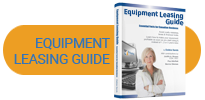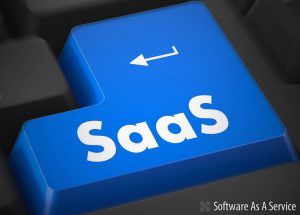There is much speculation today about whether one should visit the cloud for new software (SAAS), lease it, or just pay cash.
Industry expert, Daylan Block, from Startech Business Systems has this to say….
When it comes to large technology purchases, like all business purchases, you have to consider the TCO (Total Cost of Ownership). I look at paying for technology through 3 different lenses depending on the customer needs. They are capital expenditure, leasing, and ‘As A Service’.
“As A Service” is simply using software on a server that you don’t own or see and is physically hosted and maintained somewhere else. We call this infrastructure “As A Service”, whether you store information in the google cloud, Microsoft Azure, AWS or a local hosting company. The “AAS” model can be summarized like this; someone provides hardware for you, under a limited umbrella of software services, at an offsite location.
For many businesses, a cloud and “on premise” hybrid model will fit their needs and budget the best. You win and lose certain functionality by owning and not owning certain IT peripherals. This takes careful consideration and an understanding of the long term total cost of ownership. We have found that for most major server deployments in the cloud, running the servers for 730 hours per month (24 hours per day for 30 days) is a much higher cost than simply purchasing hardware on a lease and adding a service package to maintain it. However, if your business does not need to be running a server 24 hours per day 365 days per year, you may find the costs of running in the cloud to be competitive among other features and strengths like rapid growth or downsizing.
I used to think that leasing hardware and other IT peripherals was always the most expensive option and only for those who couldn’t fork out the capital for large purchases. Deb and her book have actually helped me to understand how depreciation of an asset combined with writing off equipment as an operational expense, can actually cost your business less from a TCO perspective at the end of a term. Add on the reliability of an experienced support company with tangible IT redundancy and security, and you may find that leasing hardware provides a stable and dependable solution for your business. All things considered, I know many of our clients have found this to be true.



